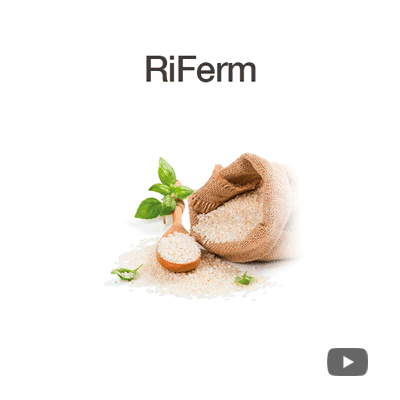Gusangnamu Extract
#Korean fir tree #anti-bacterial #anti-inflammatory

- INCI Name
- Abies Koreana Leaf Extract
- IECIC Name
- -
- Efficacy
- Anti-microbial, Anti-aging, Anti-inflammation
- Certification
Abies koreana, commonly called as Korean fir, is a shrub or broadly pyramidal evergreen tree endemic to the high mountains, especially Mt. Halla in Jeju Island of South Korea. It is a small to medium sized tree with blue black cones and needle like leaves. Korean fir is a popular ornamental plant in gardens as it produces cones at a young age while most firs do not produce cones until they are much older. Abies species have been used to treat colds, stomachache, indigestion, and vascular and pulmonary diseases in folk medicine, and they are reported to have anti-bacterial, anti-fungal, anti-inflammatory, anti-ulcer, and memory enhancing effects.
The main compounds of the essential oil of A. koreana are borneol, α-pinene, β-pinene, terpinene-4-ol, bornyl acetate, and α-terpineol.
- Recommended Product
-
 #lotus leaf #anti-pollution #anti-senescence Leafresh
#lotus leaf #anti-pollution #anti-senescence LeafreshNelumbo Nucifera Leaf Extract
-
 #rice #skin hydration #skin firming RiFerm
#rice #skin hydration #skin firming RiFermSaccharomyces/Rice Ferment Filtrate
-
 #arnica #anti-dandruff #anti-shedding #deodorizing Arnimo
#arnica #anti-dandruff #anti-shedding #deodorizing ArnimoArnica Montana Flower Extract
-
 #3 leaves #anti-microbial #anti-oxidant Natural DO
#3 leaves #anti-microbial #anti-oxidant Natural DOChamaecyparis Obtusa Leaf Extract, Eucalyptus Globulus Leaf Extract, Pinus Densiflora Leaf Extract
- Product Inquiry









